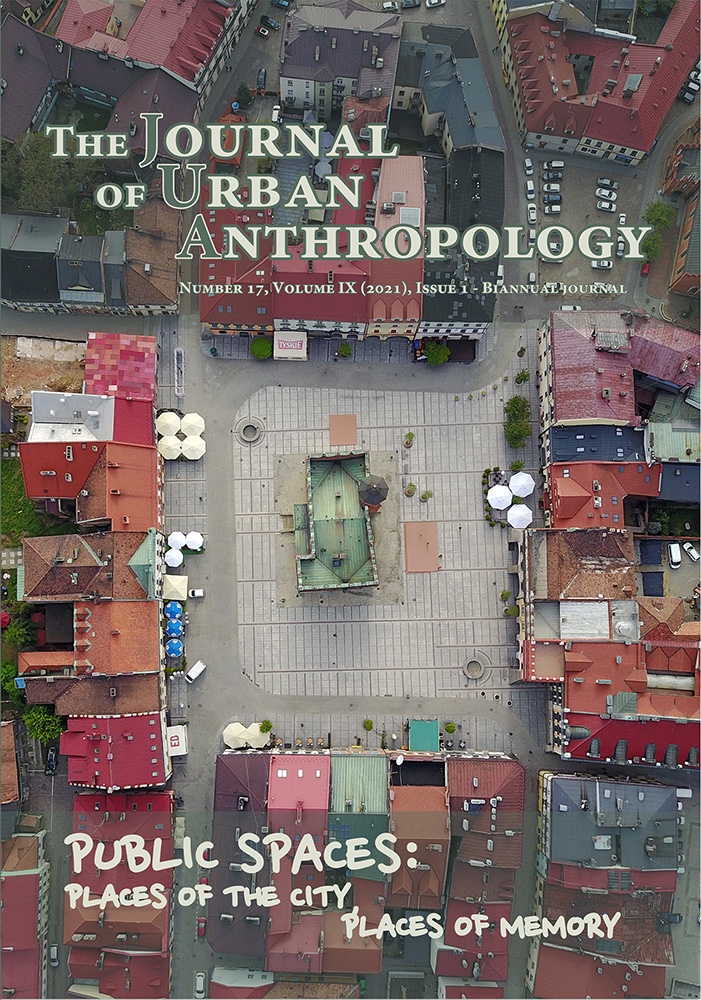Understanding Moral Solidarity: Theoretical Directions For Future Debates On Romanian Civic Commitment
Understanding Moral Solidarity: Theoretical Directions For Future Debates On Romanian Civic Commitment
Author(s): Adela TopleanSubject(s): Social Philosophy, Social development, Identity of Collectives
Published by: EDITURA OSCAR PRINT
Keywords: anomie; individualism; collectivism; consensus; trust bonds; corruption; theodicy; social philosophy;
Summary/Abstract: In what theoretical framework could collective commitment be explained and analysed? What encouraged committed participation in recent Romanian social movements?In this paper I claim that certain moral forms of understanding civic life are preconditions for manifesting responsible, willed social actions. Minimal consensus of value is indispensable.Spontaneous solidarity is, of course, possible and probable, but often as an indicator of anomie. I suggest that in urban Romania recent protesting contexts (2015-2019) are far more complex than thought and may need a broader and denser set of theoretical frames. I will show that anomic societies become more vulnerable precisely in the areas where consensual values appear more prominently, and I will make an attempt to explain why. I will conclude that, although most of us assume that anomie breaks communality, it is not necessarily the communality that anomie breaks; what anomie destroys is the relevant shared knowledge on the situations people engage in, particularly, genuine consensus. When social and health crisis arise, the impact on already frail communities is tremendous at all levels asking for urgent anxiety buffers and firing up a new kind of sentimentalised consensus rooted in a mystical and mystifying Rousseauian General Will rather than in authentic solidarity
Journal: THE JOURNAL OF URBAN ANTHROPOLOGY
- Issue Year: 9/2021
- Issue No: 17
- Page Range: 147-170
- Page Count: 24
- Language: English
- Content File-PDF

